Metabolism

Serine/threonine kinase AMPK upregulates glucose uptake by promoting the expression and function of glucose transporters. AMPK is activated by increased AMP/ATP ratio, resulting from cellular and environmental stress, e.g. low glucose, heat shock, hypoxia and ischemia. AMPK activation positively modulates signaling transductions that refill ATP levels. Moreover, it also stimulates catabolic processes such as fatty acid oxidation and glycolysis through inhibition of ACC and activation of PFK2. AMPK negatively regulates various proteins which are important to ATP-consuming mechanisms, e.g. mTORC2, glycogen synthase, SREBP-1, and TSC2, causing the downregulation/inhibition of gluconeogenesis and glycogen, lipid and protein synthesis.
-
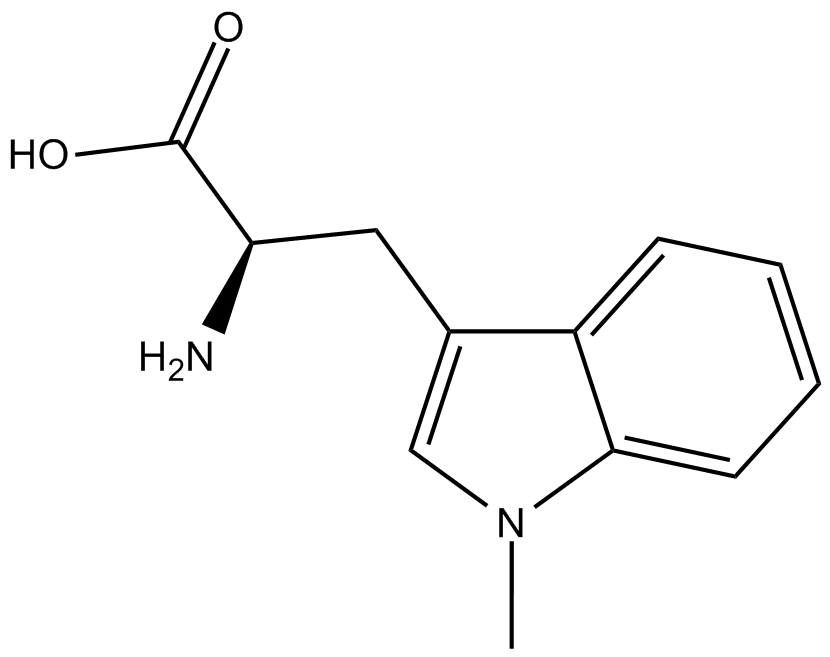 B4900 Indoximod (NLG-8189)Summary: Indoleamine 2,3-dioxygenase (IDO) pathway inhibitor
B4900 Indoximod (NLG-8189)Summary: Indoleamine 2,3-dioxygenase (IDO) pathway inhibitor -
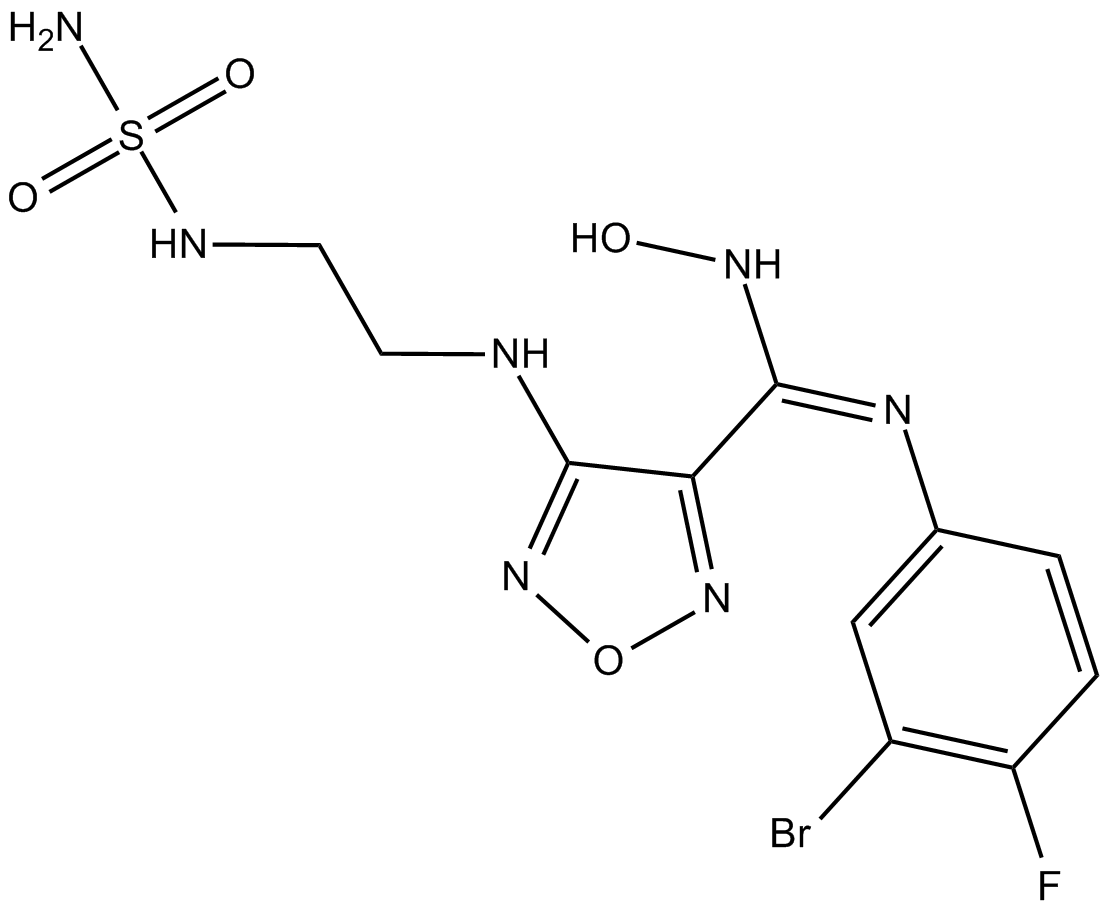 B6036 INCB-024360Target: IDOSummary: potent and selective inhibitor of IDO1
B6036 INCB-024360Target: IDOSummary: potent and selective inhibitor of IDO1 -
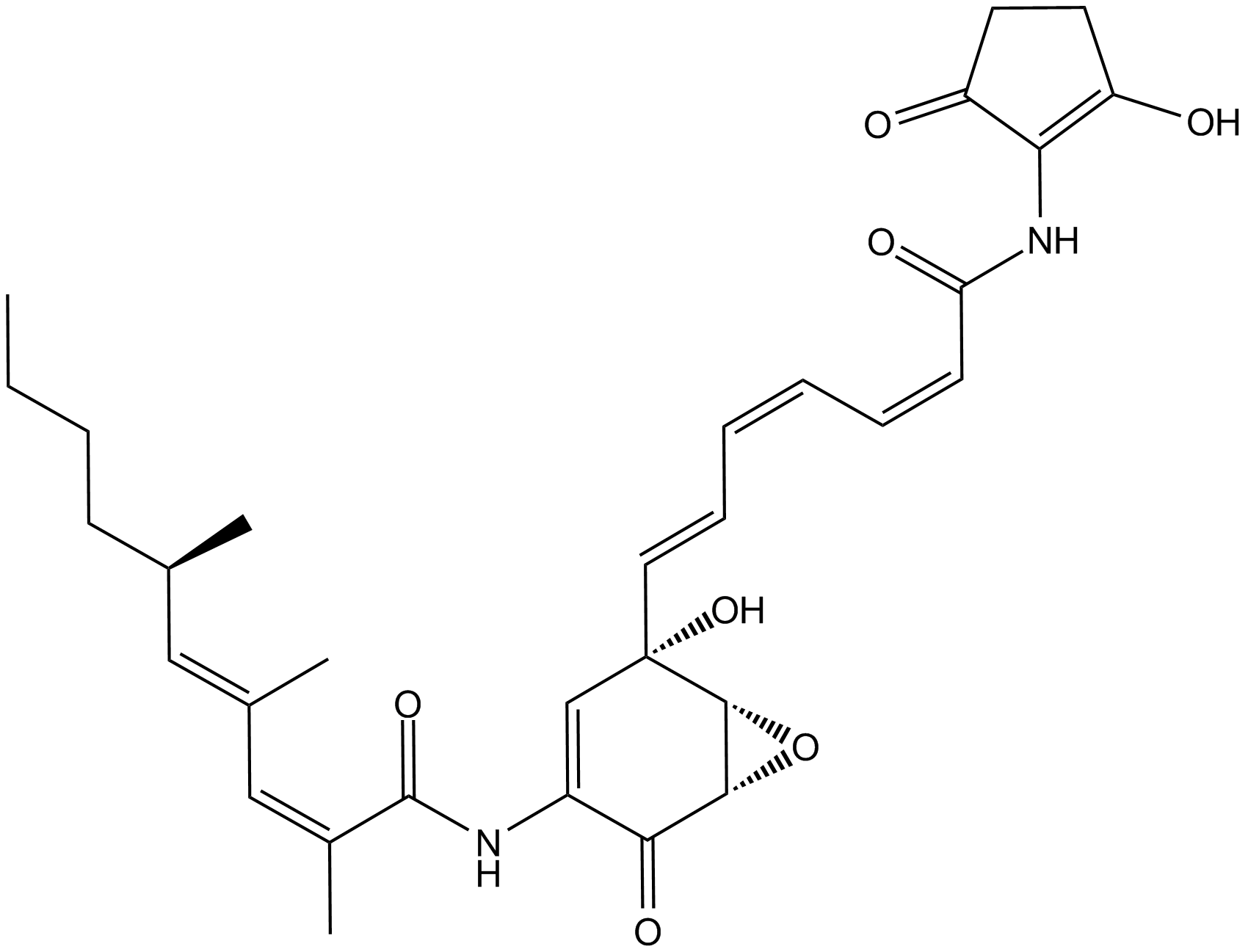 B6062 Manumycin ASummary: farnesyltransferase inhibitor
B6062 Manumycin ASummary: farnesyltransferase inhibitor -
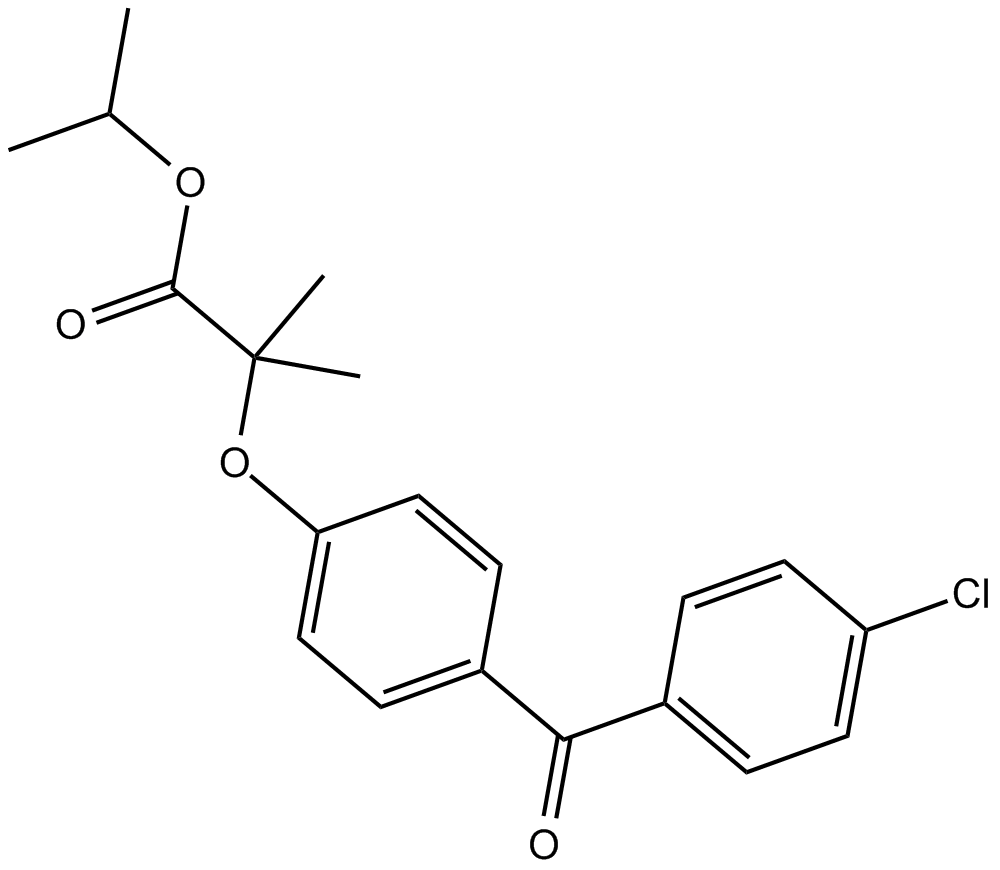 B1943 Fenofibrate1 CitationSummary: PPARα agonist
B1943 Fenofibrate1 CitationSummary: PPARα agonist -
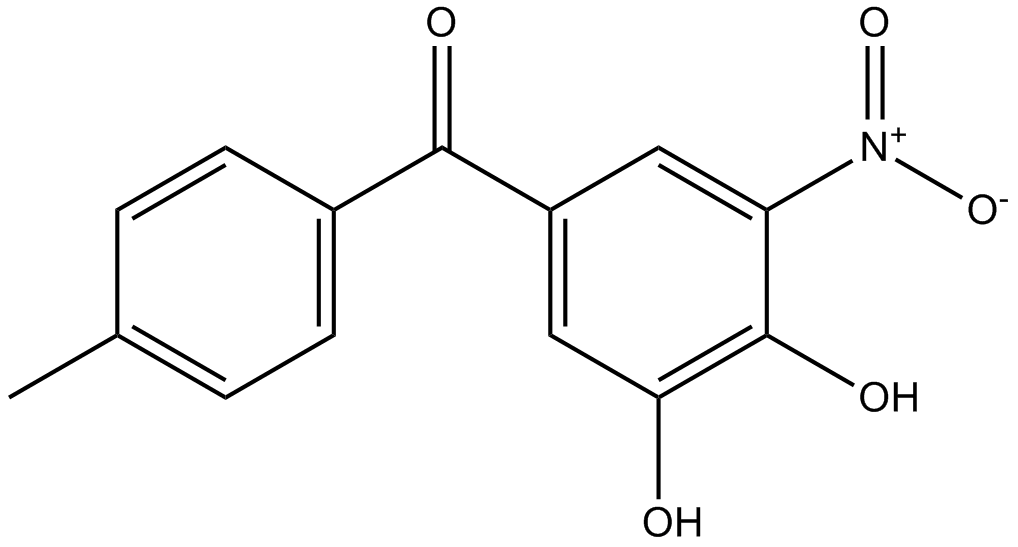 A4383 TolcaponeTarget: Catechol O-Methyltransferase (COMT)Summary: COMT inhibitor
A4383 TolcaponeTarget: Catechol O-Methyltransferase (COMT)Summary: COMT inhibitor -
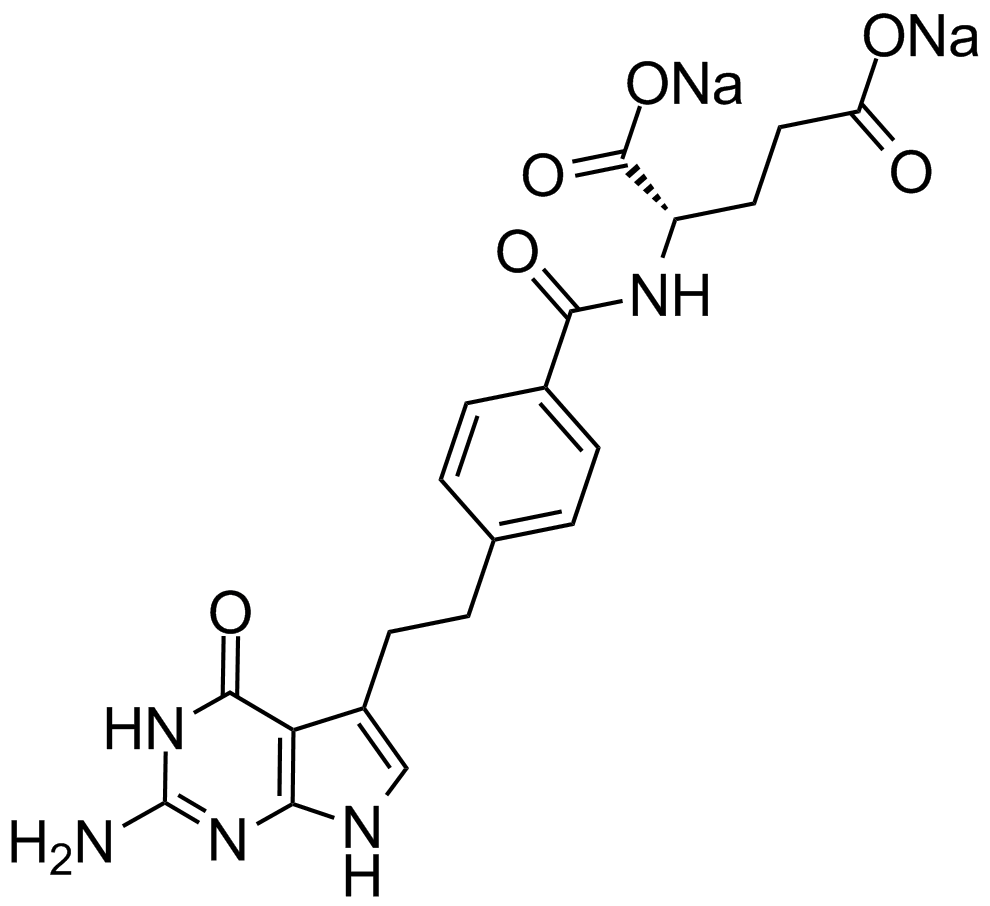 A4390 Pemetrexed1 CitationTarget: Thymidylate Synthase|DHFR|GARFTSummary: TS, DHFR,GARFT and AICARFT inhibitor
A4390 Pemetrexed1 CitationTarget: Thymidylate Synthase|DHFR|GARFTSummary: TS, DHFR,GARFT and AICARFT inhibitor -
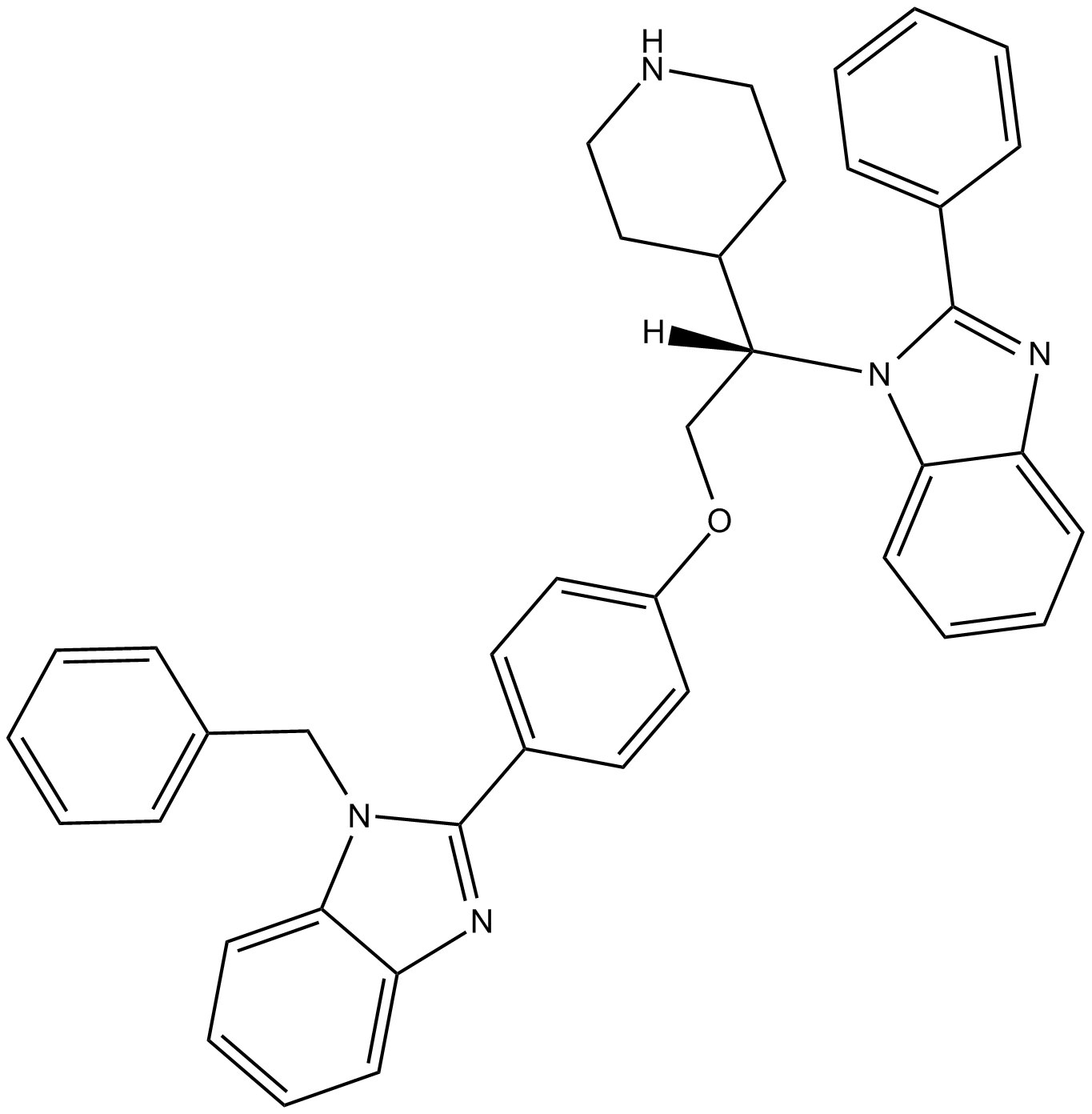 A3358 DeltarasinTarget: Phosphodiesterases (PDEs)Summary: KRAS-PDEδ interaction inhibitor
A3358 DeltarasinTarget: Phosphodiesterases (PDEs)Summary: KRAS-PDEδ interaction inhibitor -
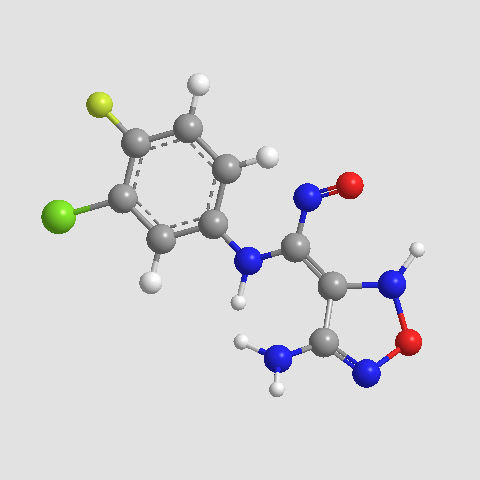 A3493 INCB024360 analogueSummary: potent and selective inhibitor of IDO1
A3493 INCB024360 analogueSummary: potent and selective inhibitor of IDO1 -
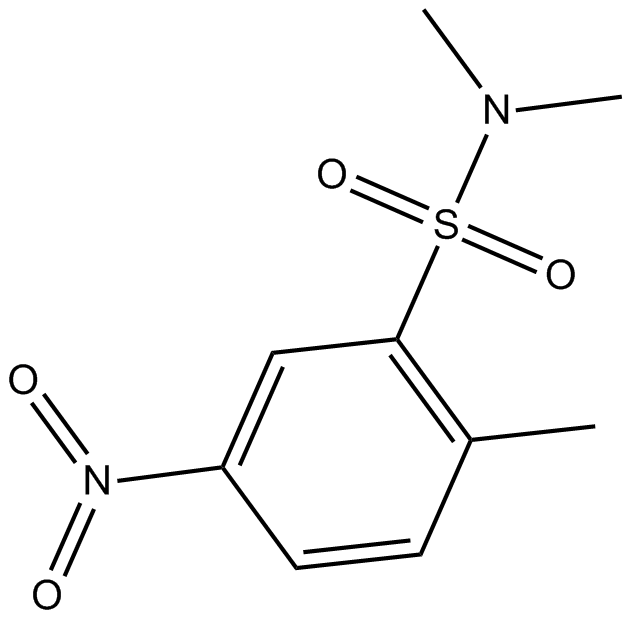 B6988 BRL 50481Target: Phosphodiesterases (PDEs)Summary: PDE7 inhibitor,potent and selective
B6988 BRL 50481Target: Phosphodiesterases (PDEs)Summary: PDE7 inhibitor,potent and selective -
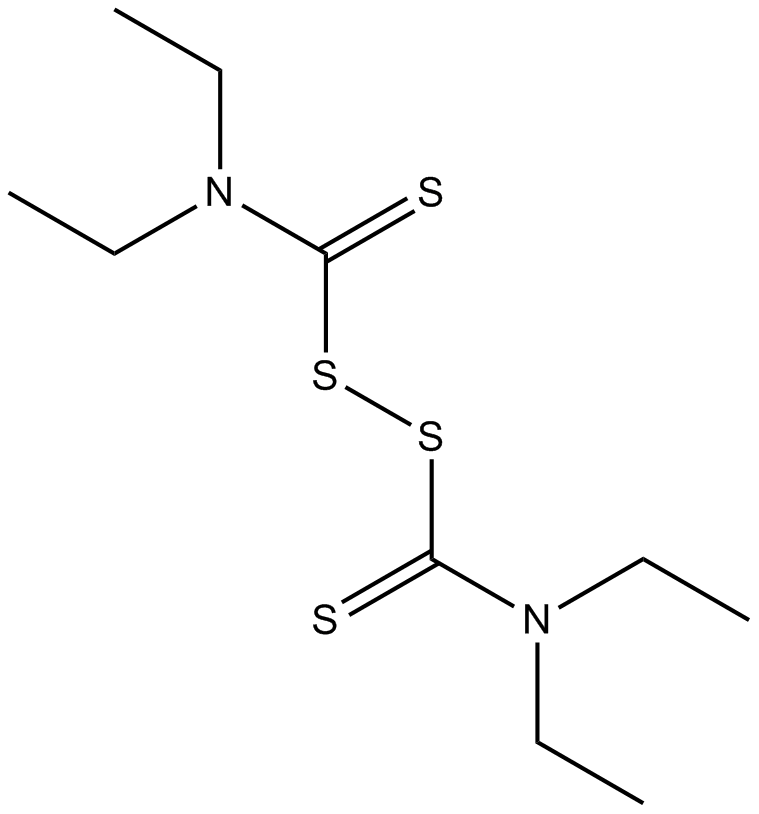 A4015 DisulfiramTarget: Aldehyde DehydrogenasesSummary: Dopamine β-hydroxylase inhibitor
A4015 DisulfiramTarget: Aldehyde DehydrogenasesSummary: Dopamine β-hydroxylase inhibitor

